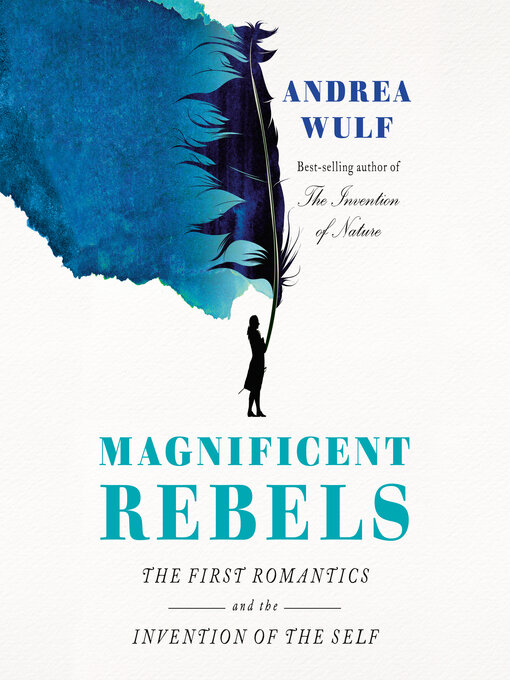- Recently Added eBooks
- Available now
- Most popular
- New kids additions
- New teen additions
- Try something different
- Escape into History: Historical fiction
- Beach Reads for Anywhere!
- It's Your Lucky Day! Popular Titles with No Wait
- Celebrating Indigenous Peoples' Heritage
- See all ebooks collections
- Recently Added Audiobooks
- Available now
- Most popular
- New kids additions
- New teen additions
- Try something different
- Escape into History: Historical fiction
- Happily-Ever-After Rom Coms
- Beach Reads for Anywhere!
- It's Your Lucky Day! Popular Titles with No Wait
- Celebrating Indigenous Peoples' Heritage
- Full Cast Audiobooks
- See all audiobooks collections


